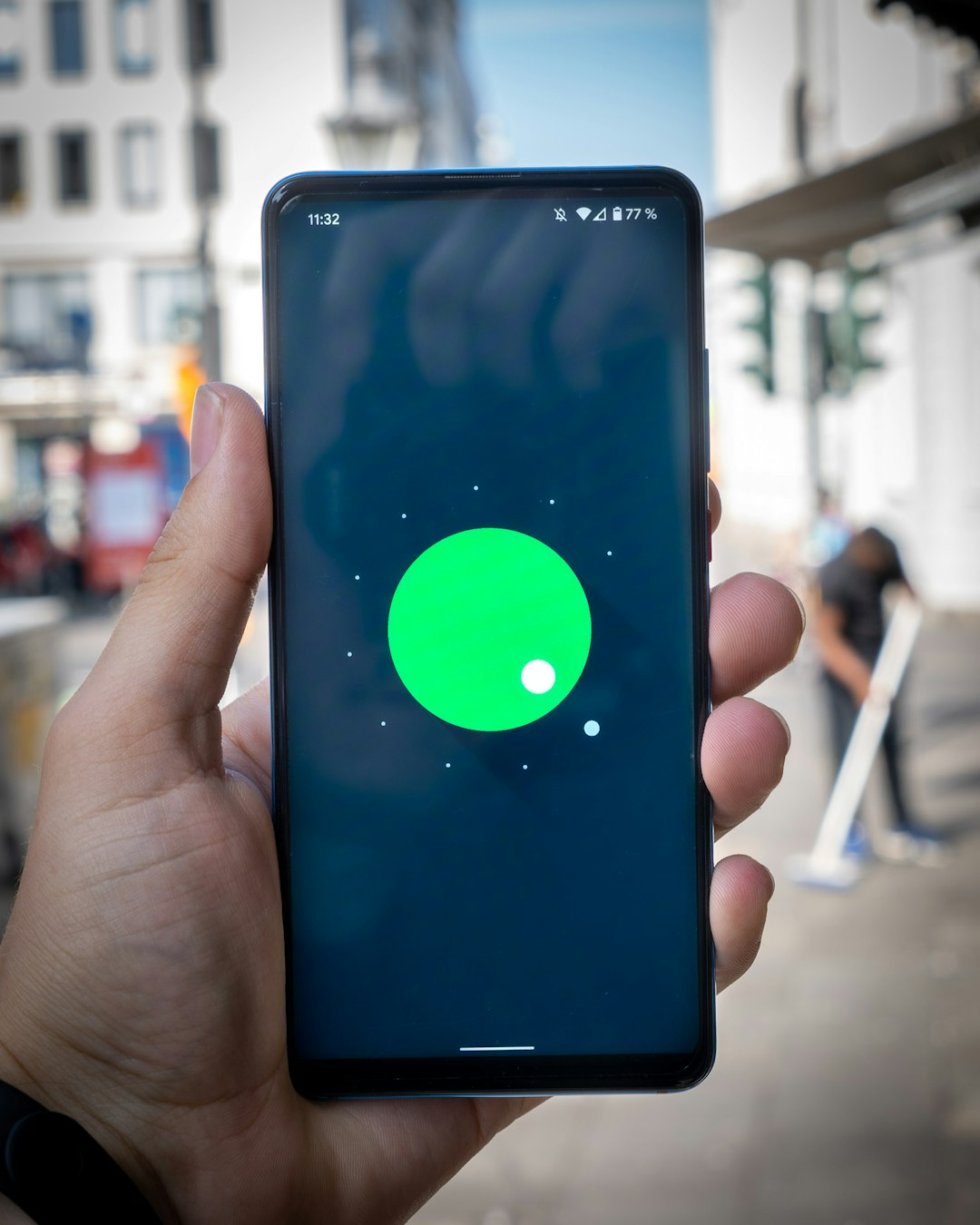The Great Jones County Fair in Monticello, Iowa, is a vibrant celebration of community and local heritage, attracting visitors from across the state and beyond. Recent years have seen an increase in robocalls targeting fairgoers with fake ticket scams. A dedicated robocall law firm in Iowa has taken action against these fraudulent calls, securing fines and settlements to protect consumers. By staying vigilant, verifying communication sources, and registering with the National Do Not Call Registry, attendees can guard against future scams. The fair's organizers have partnered with this robocall law firm to significantly decrease reported scam attempts, ensuring a safer experience for all visitors.
Monticello’s Great Jones County Fair, a vibrant summer tradition, recently fought back against a modern menace: robocall scams targeting ticket buyers. In an era where automated fraud is on the rise, this fair became a test case for a local robocall law firm in Iowa seeking to protect event organizers and attendees. By implementing anti-scam measures, Monticello demonstrated its commitment to ensuring a safe, enjoyable experience for all, while setting a precedent for combatting these deceptive practices at future events.
Understanding the Jones County Great Jones Fair and its Significance

The Great Jones County Fair, held annually in Monticello, Iowa, is a vibrant celebration of community and local heritage. This beloved event attracts visitors from across the state and beyond, offering a diverse range of attractions, from agricultural exhibits to amusement rides and live entertainment. The fair serves as a significant gathering point for folks to connect, compete, and celebrate their shared passion for rural life and traditions.
For many Iowans, the Great Jones Fair holds deep sentimental value, representing a cherished piece of their cultural landscape. As such, organizers strive to ensure the event’s integrity and accessibility remains intact. This includes safeguarding against modern-day threats like robocalls, which have become a growing concern for both fairgoers and the fair’s management. A robocall law firm in Iowa plays a crucial role in addressing these scams and protecting attendees’ interests during what should be a fun and secure experience.
The Rise of Robocall Scams Targeting Event Ticket Buyers

In recent years, a disturbing trend has emerged in the event ticketing industry—robocalls targeting potential buyers, particularly those eager to attend local fairs and festivals. These automated calls, often disguised as official notifications, are designed to dupe unsuspecting individuals into purchasing fake or significantly overpriced tickets. The Great Jones County Fair in Monticello, Iowa, is no stranger to this growing issue, which has left many fairgoers frustrated and outpocketed.
Robocall law firms, capitalizing on the lack of awareness among consumers, have been known to inundate phone lines with false promises of exclusive ticket deals or warnings about limited availability. Their tactics can be highly persuasive, preying on the excitement and eagerness of would-be attendees. This new breed of scam has prompted both state and federal authorities to step up efforts to educate the public and protect them from such deceptions.
Legal Actions Taken by a Robocall Law Firm in Iowa

In recent years, a robocall law firm in Iowa has been at the forefront of combating ticket scams, particularly those targeting events like Monticello’s Great Jones County Fair. This firm has taken legal action against numerous entities found guilty of making unsolicited automated phone calls, a practice widely known as robocalls. Their aggressive pursuit of justice has led to significant victories, with substantial fines and settlements imposed on offending companies.
By employing strategic legal tactics, the Iowa robocall law firm has successfully held these companies accountable, sending a clear message to prevent future violations. Their efforts have not only protected consumers from deceptive practices but also enhanced the overall integrity of event ticket sales, ensuring fair competition among legitimate businesses and organizers.
How to Protect Yourself from Similar Scams in Future Events

To protect yourself from similar ticket scam robocalls in future events, it’s essential to be vigilant and proactive. First, never respond to unsolicited calls or texts, especially those demanding immediate action or threatening consequences. If an event organizer reaches out, they will typically do so through official channels like their website, social media, or confirmed email addresses. Additionally, consider registering with the National Do Not Call Registry to limit marketing calls and robocalls.
For extra protection, consult with a robocall law firm in Iowa that specializes in consumer rights and telephone fraud. They can offer guidance on legal avenues for recourse if you’ve fallen victim to such scams. Regularly review call logs and block unknown numbers to minimize your exposure. By combining these precautions, you significantly reduce the risk of becoming a target for ticket scam robocalls.
The Impact and Success of the Anti-Scam Measures at Monticello

Monticello’s Great Jones County Fair, a beloved annual event, has been a target for scam artists using robocalls to trick potential attendees into buying fake tickets. In response, fair organizers implemented several anti-scam measures that have proven successful in protecting locals and visitors alike. By partnering with a reputable robocall law firm in Iowa, the fair established robust communication strategies to counter these deceptive practices. This included targeted awareness campaigns and direct engagement with community members.
The impact has been significant, with a notable decrease in reported scam attempts during the fair season. Many attendees now feel more confident in their ticket-buying processes, thanks to the proactive measures taken by the organizers. The success of these initiatives not only ensures a safer experience for all but also reinforces the fair’s commitment to its visitors’ well-being.






